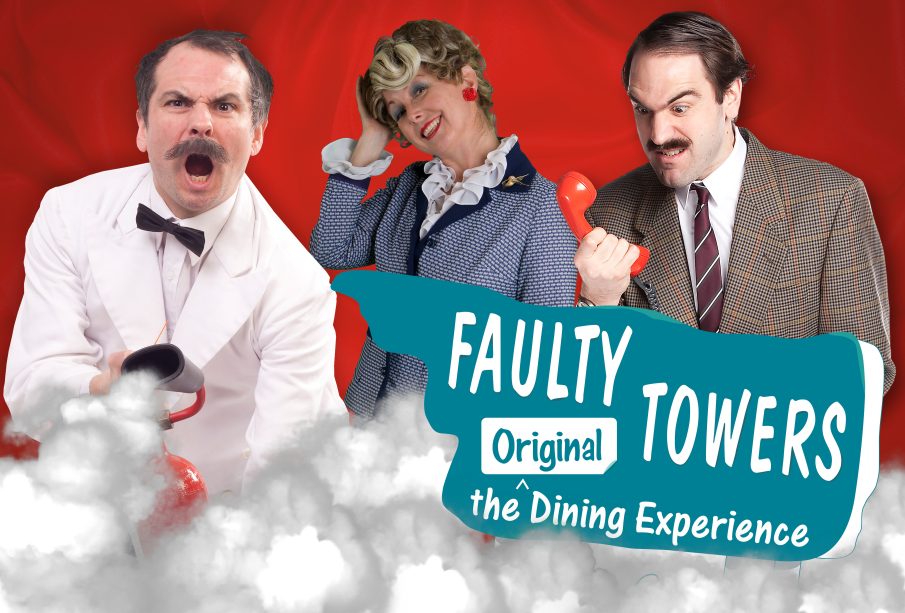The Enduring Legacy of Fawlty Towers

Introduction
Fawlty Towers, created by John Cleese and Connie Booth, aired for two series from 1975 to 1979. Despite its brief run, the show has become one of the most iconic sitcoms in British television history. The importance of Fawlty Towers lies not only in its memorable characters and sharp wit but also in its influence on future comedic storytelling. As the show celebrates over four decades since its debut, it remains a relevant topic of discussion, particularly as the world of television continues to evolve.
The Show’s Premise
Set in a dysfunctional seaside hotel in Torquay, Fawlty Towers follows the misadventures of its rude and incompetent owner, Basil Fawlty, played by Cleese. He is often seen clashing with guests, staff, and his domineering wife, Sybil, portrayed by Prunella Scales. The show expertly navigates themes of class conflict, British eccentricity, and social awkwardness, which resonate with audiences even today.
Cultural Impact and Reception
Fawlty Towers was not an immediate success; its initial reception in the 1970s was mixed. However, following its re-runs and word-of-mouth acclaim, it gradually garnered a cult following. The show has since been praised for its writing and performance, often ranked among the greatest television series of all time in various polls. The British Film Institute, for example, ranked it 1st in its list of the 100 Greatest British Television Programmes.
Recent Developments and Reboots
In recent years, there has been speculation regarding a potential reboot of Fawlty Towers. The notion of modernising the classic while respecting its original humour raises questions about how contemporary societal norms could shape the characters’ interactions. Cleese himself has hinted at the possibility, expressing a desire to revisit Basil with a fresh perspective while still retaining the charm that made the original so memorable.
Conclusion
Fawlty Towers demonstrates the timeless quality of good comedy—a blend of sharp dialogue, strong characterisation, and satirical observations of human behaviour. As it continues to influence new generations of writers and comedians, the show’s legacy endures, reminding us of the power of laughter in a rapidly changing world. Whether through re-runs, stage adaptations, or potential reboots, Fawlty Towers will undoubtedly remain an important part of British cultural history.









